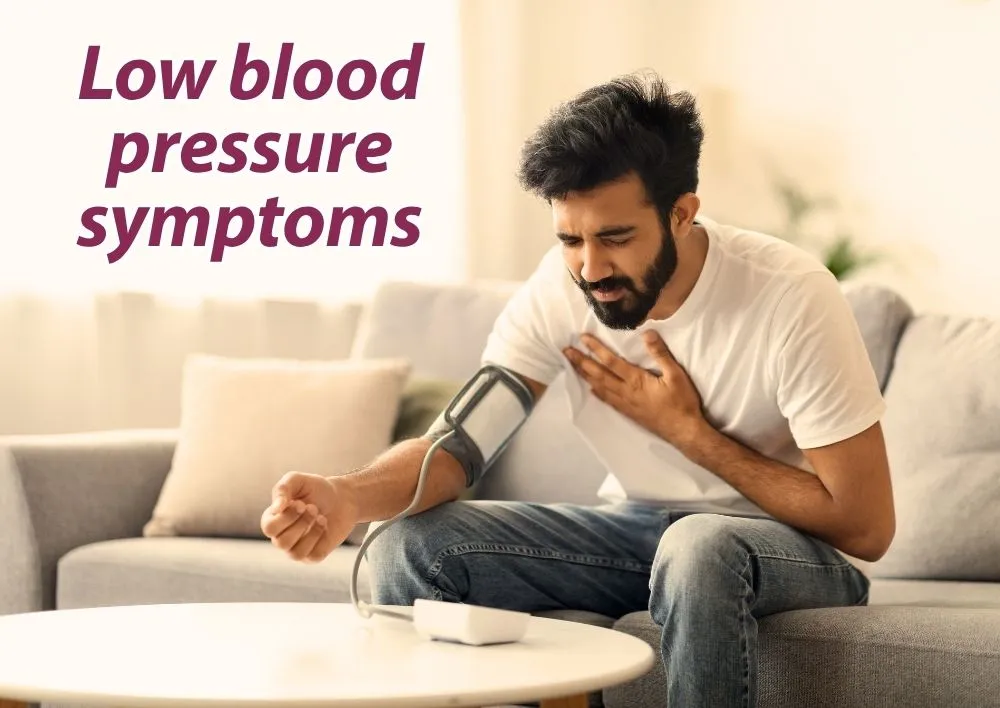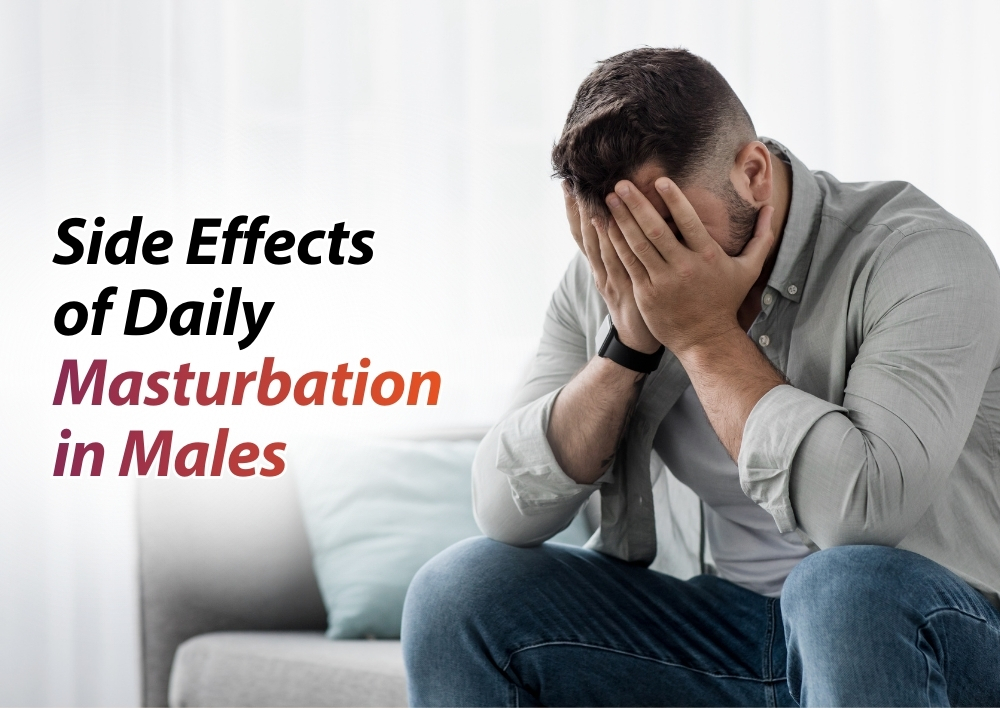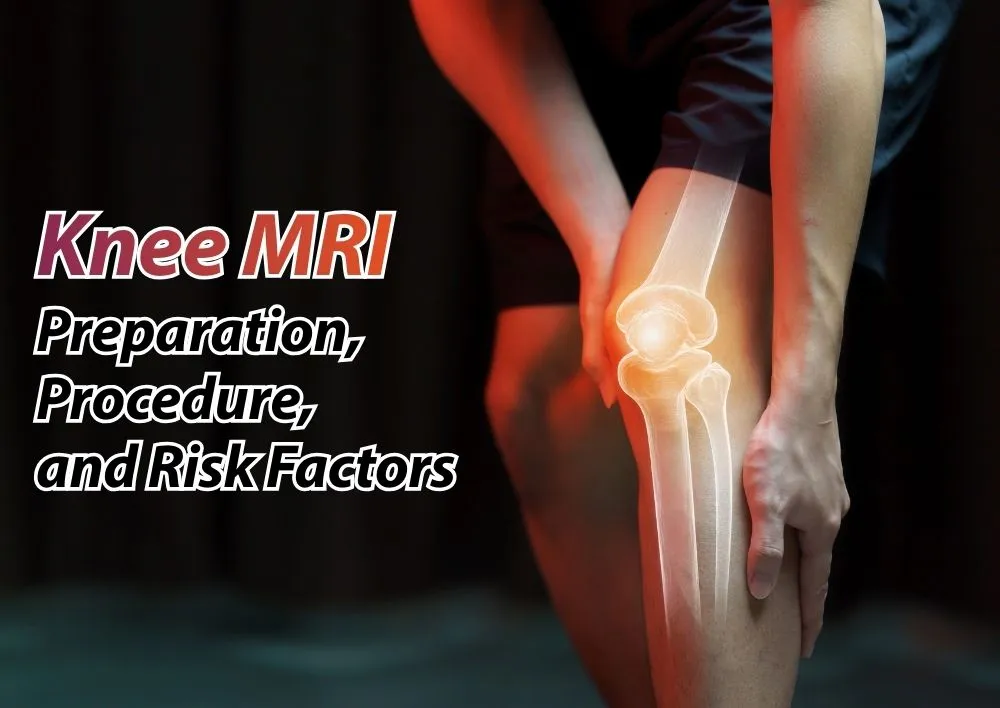5 Sneaky Signs You May Have Low Blood Pressure
Summary
Do you often feel lightheaded, tired, or dizzy without any clear reason? It could be more than just exhaustion; your low blood pressure level might be to blame. Low blood pressure, or hypotension, occurs when your body doesn’t get enough blood flow to vital organs like the brain and heart. This can make you feel weak, foggy, or even lead to sudden fainting.
Many people assume that having a low blood pressure level is harmless, but that’s not always true. When your blood pressure stays below normal for a long time, your organs may not receive the oxygen and nutrients they need to function properly. Sometimes, your body gives out subtle warning signs that are easy to overlook. You shouldn’t ignore it because recognizing them early can help you stay healthy, active, and safe.
Five Sneaky Signs Your Blood Pressure Might Be Too Low
1. Feeling Dizzy or Lightheaded Often
If you often feel dizzy, especially when standing up quickly, it might be more than just tiredness; it could be an early sign of low blood pressure. This condition, known as orthostatic hypotension, occurs when your blood pressure suddenly drops as you move from sitting or lying down to standing. The quick shift in position causes gravity to pull blood toward your legs, and your body doesn’t react fast enough to push it back up to the brain, leading to dizziness or an unsteady feeling.
According to Dr. Sumit Gulla, a renowned internal medicine doctor at Miracles Mediclinic, Gurgaon, “Many people ignore frequent dizziness, thinking it is because of stress, lack of rest, or dehydration. However, recurring episodes can indicate low blood pressure and should not be ignored. Recognizing the signs early helps prevent sudden fainting or possible injury.”
What you can do:
-
Stand up slowly from sitting or lying positions.
-
Drink plenty of water to maintain hydration.
-
Avoid standing for long periods, especially in hot weather.
2. Ongoing Fatigue and Weakness
Feeling unusually tired or weak, even after a full night’s rest, can be a subtle sign of low blood pressure. When your blood pressure remains below normal levels, your heart and brain receive less oxygen and nutrients, causing your body to feel constantly fatigued and low on energy.
People with chronic hypotension usually experience sluggishness, poor concentration, and a general sense of exhaustion throughout the day. These symptoms may seem mild at first, but they can affect your daily productivity and overall well-being if ignored.
Simple tips to help manage fatigue:
-
Eat small, frequent meals instead of heavy ones to maintain steady energy levels.
-
Include iron-rich foods such as spinach, beans, eggs, and lean meats in your diet.
-
Engage in light exercises like walking or yoga to improve blood circulation and boost stamina.
3. Blurry Vision or Trouble Focusing
When blood flow to your eyes and brain decreases, you may experience blurred vision, double vision, or difficulty focusing. These visual disturbances may come and go, especially when you move suddenly or stand up too fast. If your vision gets blurry along with dizziness or weakness, it is a sign that your body is not getting enough blood flow, something that shouldn’t be ignored.
When to be concerned:
If blurred vision happens frequently or lasts more than a few seconds, consult a doctor. It may be linked to low blood pressure or another underlying health issue, such as anemia or dehydration.
4. Feeling Cold or Having Pale, Clammy Skin
If you feel cold, especially in your hands and feet, even when the weather is normal. That could mean your blood pressure is lower than it should be. When blood pressure drops, your body prioritizes sending blood to vital organs like the heart and brain, reducing flow to your skin and extremities. This causes your skin to look pale, feel clammy, or turn slightly bluish.
Helpful lifestyle changes:
-
Dress warmly and avoid sudden exposure to cold environments.
-
Keep moving to stimulate blood circulation.
-
Eat a balanced diet rich in vitamins and minerals to maintain healthy blood flow.
5. Nausea and Fainting Spells
Another common but neglected symptom of low blood pressure is nausea. This happens because low blood flow to your digestive system slows down digestion and can make you feel uneasy or sick.
In more severe cases, low blood pressure can cause fainting, a brief loss of consciousness due to poor blood flow to the brain. Fainting after standing up, being in hot weather, or during stress could all indicate hypotension.
If this happens often:
-
Sit or lie down immediately when you feel faint or dizzy.
-
Raise your legs slightly to improve blood flow to your heart.
-
Seek medical attention to rule out heart-related causes.
What Causes Low Blood Pressure?
Low blood pressure causes include:
-
Dehydration: Not drinking enough water reduces blood volume.
-
Nutrient deficiency: Lack of vitamin B12, folate, or iron can lead to anemia and low blood pressure.
-
Heart problems: Slow heart rate, valve disease, or heart failure.
-
Endocrine disorders: Thyroid or adrenal gland issues.
-
Medications: Some antidepressants, diuretics, and blood pressure medicines can lower BP.
Understanding the cause is essential to managing low blood pressure effectively.
When Should You See a Doctor?
Occasional low readings may not be a big concern, but if you experience persistent dizziness, fainting, or fatigue, it is best to consult a healthcare professional. Your doctor may perform tests like:
-
Blood pressure monitoring over 24 hours
-
Blood tests to check for anemia or thyroid issues
-
ECG or echocardiogram to assess heart health
Early diagnosis helps prevent complications like shock or organ damage in severe cases of hypotension.
Tips for Low Blood Pressure Management Naturally
Managing low blood pressure doesn’t always require medication; sometimes, simple lifestyle changes can act as an effective low blood pressure remedy. Here are some easy and practical tips that can help you maintain a healthy and balanced blood pressure level:
-
Stay hydrated: Drink at least 8–10 glasses of water daily to maintain blood volume and prevent dehydration, one of the most common causes of low BP.
-
Add a little more salt: With your doctor’s approval, slightly increasing salt intake can help raise your blood pressure naturally.
-
Eat small, frequent meals: Consuming smaller portions throughout the day prevents sudden drops in blood pressure after eating.
-
Avoid alcohol: Alcohol can further lower your blood pressure and make symptoms like dizziness or weakness worse.
-
Wear compression stockings: These help improve blood flow in your legs and reduce the pooling of blood, preventing sudden drops in BP.
These small yet effective changes can be a part of your overall low blood pressure management plan, helping you feel more energetic, steady, and in control of your health.
Conclusion:
Low blood pressure may seem harmless, but when ignored, it can cause fatigue, dizziness, and even fainting. Knowing the sneaky signs, like blurry vision, cold skin, and unexplained tiredness, can help you catch the problem early. If you suspect you might have low blood pressure, don’t ignore it. Consult an internal medicine doctor near you for proper evaluation and treatment. Early management can help you feel more energetic, focused, and healthy every day.
Frequently Asked Questions
You may feel dizzy, lightheaded, weak, tired, or may even faint if your blood pressure is too low.
In children, it can be caused by dehydration, infections, heart problems, or side effects of certain medications.
Yes, low blood pressure can reduce blood flow to the stomach, leading to nausea or vomiting in some cases.
It can occur because of blood loss, anesthesia effects, dehydration, or certain pain medications used after surgery.
A reading below 90/60 mmHg is generally considered dangerously low and needs medical attention.
Severe dizziness, fainting, blurred vision, confusion, or cold and clammy skin are warning signs that require urgent care.
Yes, skipping meals or staying hungry for long can drop blood sugar levels, which may lead to a temporary fall in blood pressure.










_Causes,_Symptoms_Effective_Management_Tips.webp)





Was the information useful?
4 0